If there’s any organization in Nigeria that is a soft target for slothful critics, it’s most certainly the Nigeria National Petroleum Company Limited (NNPCL). The reasons are obvious. It’s in charge of harnessing Nigeria’s oil and gas reserves, which provides 95% of the country’s foreign exchange earnings and 80% of its budgetary revenues. Whenever anything goes wrong with the economy or any semblance of it, it must be due to mismanagement at the NNPC!
One Titi Omodube who wrote an article on NNPCL published in the Businessday of Monday, 12/11/23, fits into this category. The article captioned, “NNPC wreck Nigeria’s economy, Tinubu rewards its managers with longer tenures” was a drab commentary by an indolent writer. If only the writer had done a little research, he would have been better informed to make more reasonable, objective assessment of the impact of the management of the NNPCL under its Group Managing Director, Malam Mele Kyari.
But instead of making insightful arguments about the economic realities of the country, he chose to make the NNPCL the weeping boy by pushing the well-known subversive narrative that the problem of the company is the management He attributes his jaundiced opinion of NNPCL Management to Nigerians in order to hide his true motives, which can be deduced from the article—someone wants Mele Kyari out of the way
The writer accuses the state oil company of ineptitude due to corruption, lack of transparency, rising debt profile and delay in making Final Investment Decisions without making any distinction in the management of the corporation that was established since 1977. To make such sweeping generalizations about the management of any organization that had existed for decades is abstract and unintelligent and shows the writer had no regard for evidence.
For instance, he writes that “Nigerians believe that decades of mismanagement of the oil and gas industry by NNPC and the failings of its senior management contributed significantly to stalling Nigeria’s economic growth and in particular, the recent woes both in foreign exchange terms and the country’s fiscal crisis,” yet wonders why President Tinubu has not sacked Mele Kyari!
Why would any rational, objective commentator demand the sacking of a management that was inaugurated in 2019 for the failures of over five decades? It only showed that the writer had not researched his subject to know what has been going on with Nigeria’s oil giant. It’s unfortunate that in this age of search engines, a writer is making comments on a public institution without availing himself of recent developments in that institution.
He also states that corruption is “a big problem” at NNPC but could only refer to a 2011 audit by KPMG which found that the NNPC got an excess of about N28.5 billion on subsidy-related claims and the amount was unaccounted for. But in order to link Mele Kyari to it, he shamelessly states that “A testament to the corruption at NNPC was the admittance by the NNPC Group Managing Director (GMD), Mela Kyari, after his appointment in 2019 that he will work with the EFCC to fight corruption in the NNPC.”
The only part of his writeup where he makes direct reference to the Mele Kyari management is the issue of fuel subsidy payments. He writes that “NNPC’s new year present in 2022 was to announce to the world that it would no longer be able to make the usual remittances to the federation account, the primary mainstay of the three tiers of government in Nigeria.”
He states that NNPC told the Federation Account Allocation Committee (FAAC) on Tuesday, March 21, 2022, that it had at the time exceeded its subsidy budget by N356.3 billion, with the subsidy bill rising to N430.165 billion in January and February 2022. And that for the entire 12 months of 2021, the NNPC disbursed just N542 billion to FAAC as against the budgeted N2.511 trillion, translating into a monthly contribution forecast of N209.3 billion.
It’s baffling why a supposed commentator on Nigeria’s economy does not understand the damage that corrupt fuel subsidy payments had done to the economy.
In 2011 when Nigeria was producing approximately 2.5 million barrels of crude oil per day, then Minister of Finance, Ngozi Okonjo-Iweala had revealed in an argument for removal of fuel subsidy that the government would pay over N1.3trillion as subsidy payment for that year, which was higher than the capital budget. She predicted that it would get higher.
By 2022, the NNPC said it spent 4.39 trillion naira ($9.7 billion) on petrol subsidy, which it blamed for dwindling public finances. Okonjo-Iweala had advised in 2011 that “we must rethink our approach to managing our scarce resources to provide services to Nigerians. We will be better off using the amount spent on subsidy to target poorer groups and big infrastructure projects.”
Thus, it was not surprising that President Tinubu announced to the nation during his inaugural speech on May 29 that the previous administration of ex-President Muhammadu Buhari had removed fuel subsidy payments from the budget, and he added that it was “gone forever.”
The writer tries to be too clever by half when he admits that the woes of the NNPC “predates the current defining crisis” but unashamedly argued that in the past “only the best were employed into NNPC” but now “NNPC has been destroyed by tribalism and ineptitude.”
If his argument was true, President Tinubu would have swept off the management of NNPC long before now, and hacks like him would have no need to be paid to castigate them.
He accuses NNPC of lack of transparency, yet it’s under Kyari that Nigerians saw the first glimpse of transparency and financial prudence when in September 2021, the 2020 NNPC Group Audited Financial Statement was published and it declared a profit after tax of N287bn for the first time in its 44 years.
Mele is the only GMD of NNPC who made opening the books of the Corporation a cardinal aspect of its Management under its Transparency, Accountability and Performance Excellence (TAPE) Initiative which he launched on assumption of office in July, 2019. TAPE was conceived as a strategic roadmap for NNPC to attain efficiency and global excellence with a view to placing it on the path of profitability.
Mele Kyari’s drive for efficiency, effectiveness, and accountability within the NNPC yielded immediate results with the organization posting profit for the first time in 44 years in 2021. It was tangible evidence of his management’s cost-effectiveness.
It was one of the major reasons why the corporation was able to transmute seamlessly in a limited liability company in July 2022. It’s a testament to Mele Kyari’s vision and patriotism that he promoted the culture of financial and operational transparency long before the NNPC’s transformation into a profit-driven company.
Mele Kyari leads a post-PIA NNPC Limited, which has embraced the opportunities to attract investments to the sector in order to increase profitability. It had successfully wrapped projects such as : the Final Investment Decision (FID) on $3.6 billion methanol plant in Bayelsa; execution of a $260 million funding agreement for ANOH Gas Processing Company Limited (AGPC) among the NNPC, Seplat and a consortium of seven banks; launch of Nigerian Upstream Cost Optimization Programme (NUCOP); award of $1.5 billion contract for rehabilitation of Port Harcourt refinery; commercialization of OML 143 gas; and execution of OML 118 (Bonga) Agreements between NNPC and partners.
Others include shareholder agreement for Brass Petroleum Product Terminal (BPPT); EPC contract to build Maiduguri Emergency Power Project where NNPC partnered China Machinery Engineering Company (CMEC) and General Electric (GE) to execute Engineering, Procurement Construction (EPC) contract for the procurement of equipment for a 50 MW emergency power project in Maiduguri, Borno State.
The $3.6 billion methanol plant in Bayelsa, would be the largest methanol plant in Africa and the first in Nigeria, and is expected to create 35,000 direct and indirect jobs and additional 5,000 permanent jobs during the operations phase in 2024. It is expected to produce 10,000 tons of methanol daily when it becomes fully operational in 2024.
One could list several other projects that are currently ongoing, but the above suffices for any objective critic assessing Kyari’s impact in just the last four years he’s been in the saddle. It’s easy for a critic with aphantasia to destroy reputations and undermine achievements for fleeting gains. But the true critic gives content and context. They criticize to build, not to harm. It’s more rewarding to be later.
Sulaiman writes from Abuja









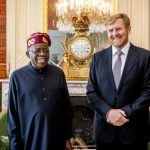

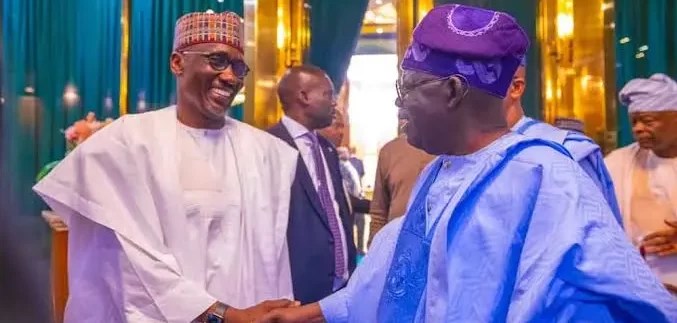




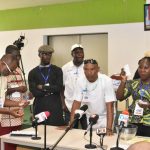




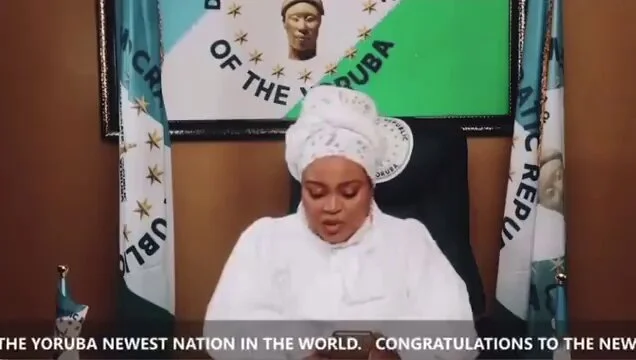
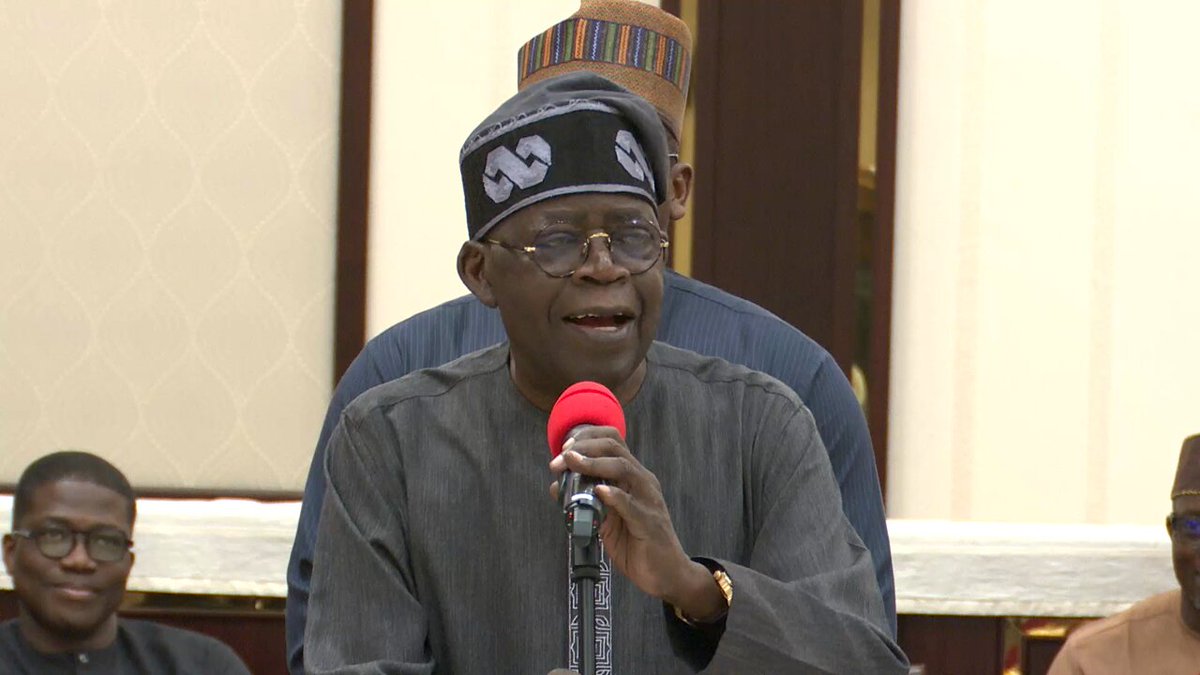
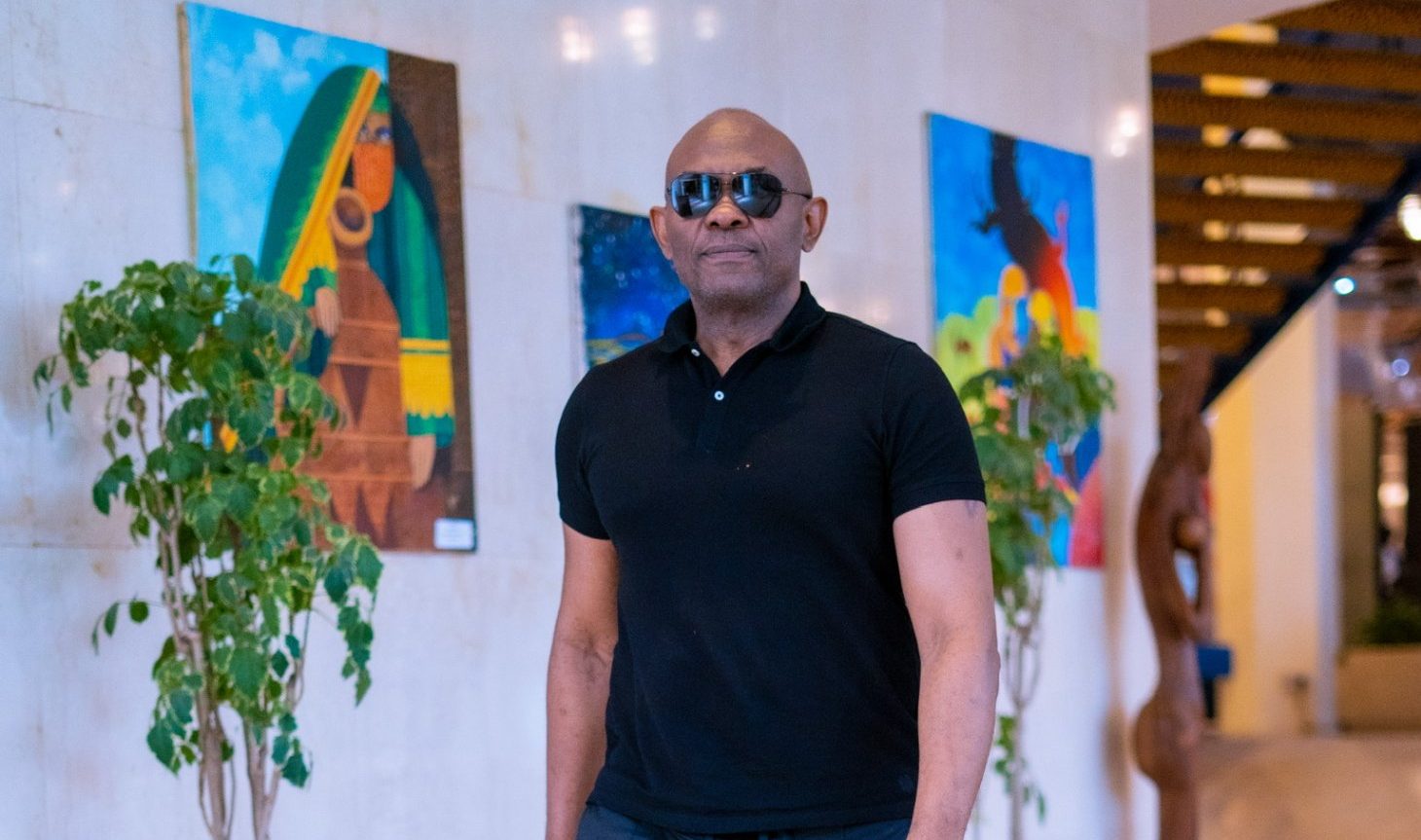


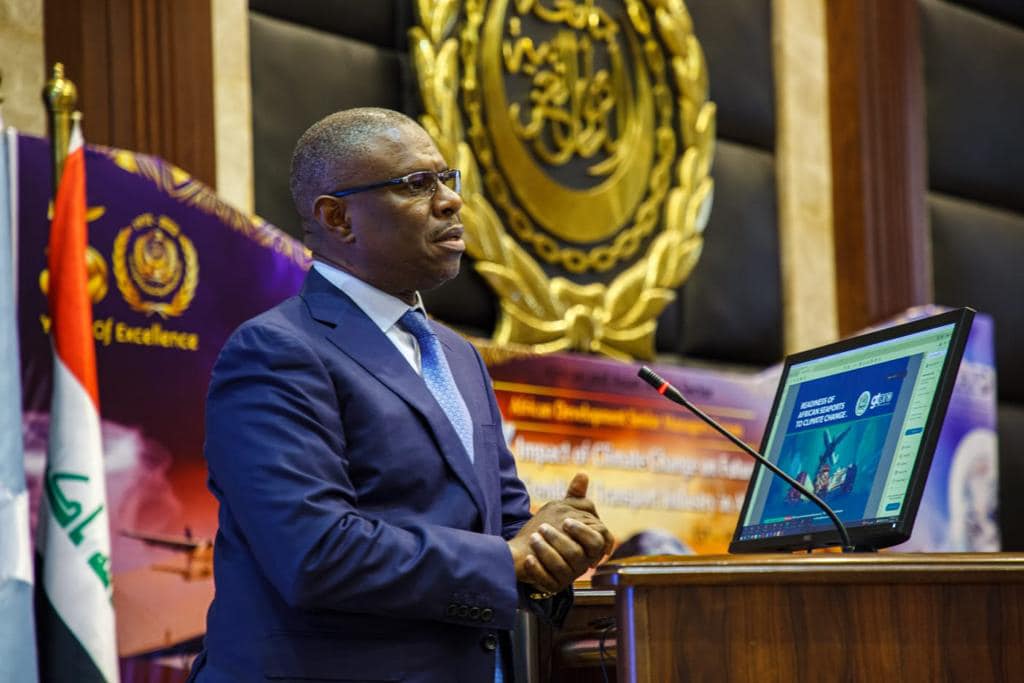

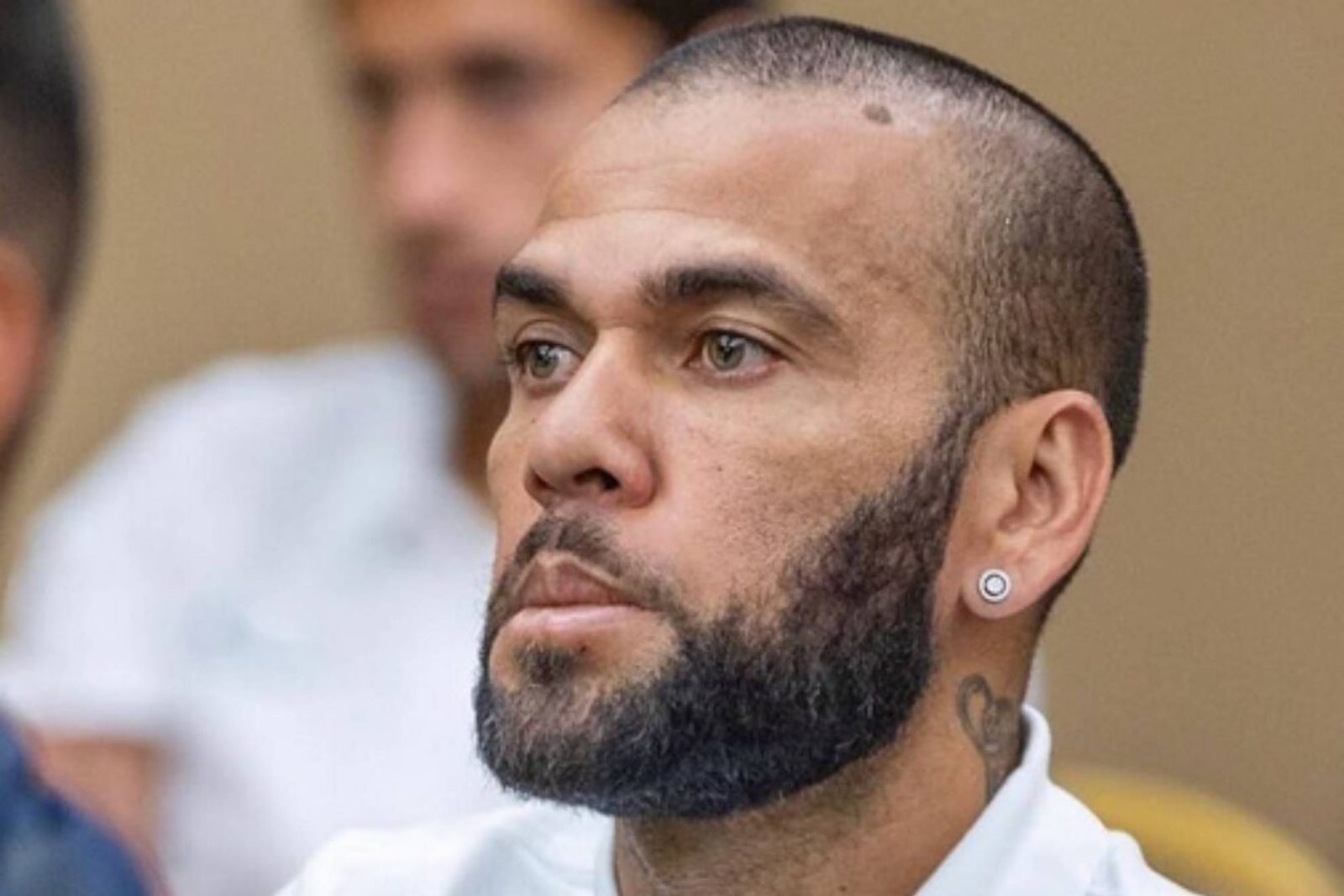
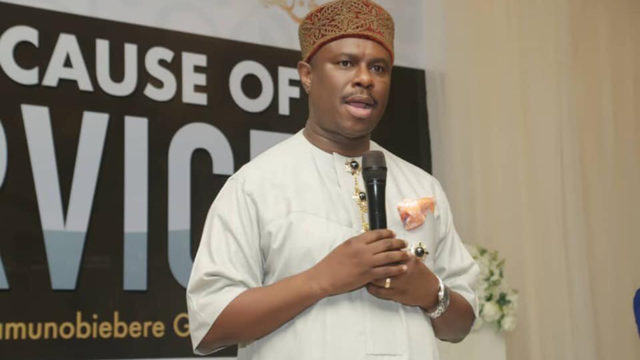


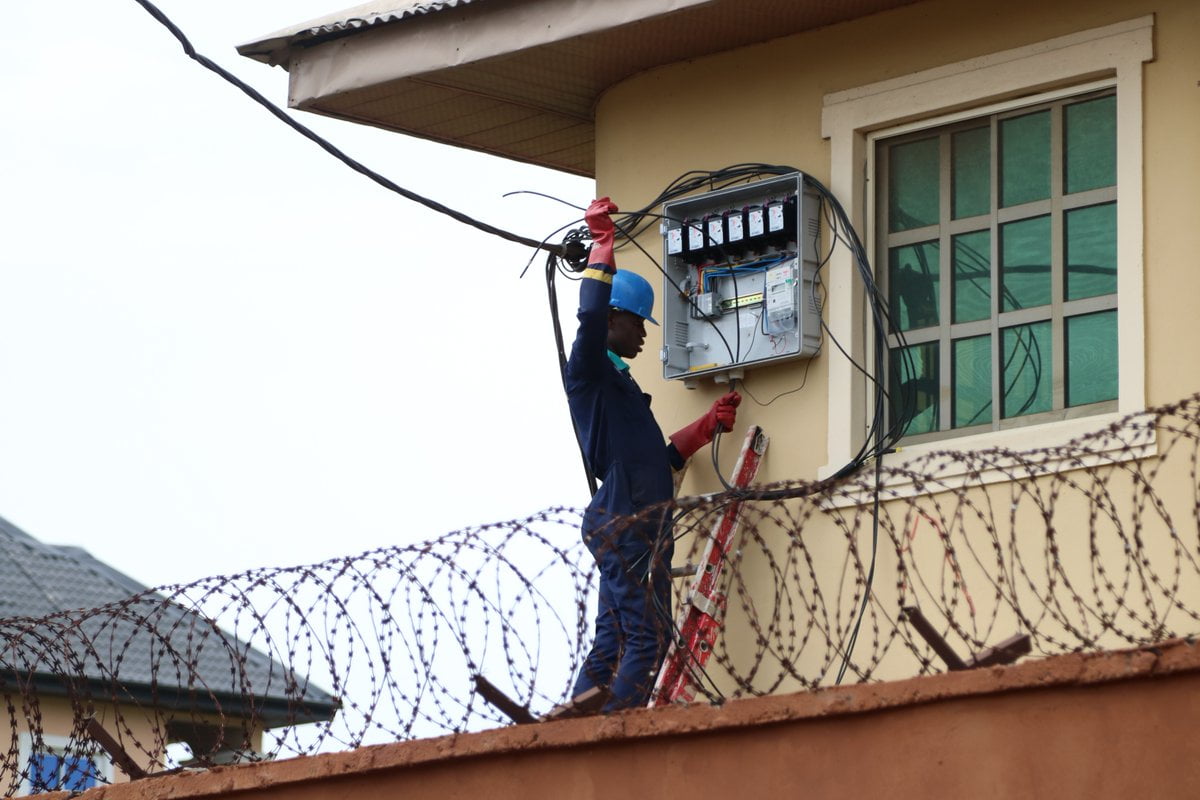


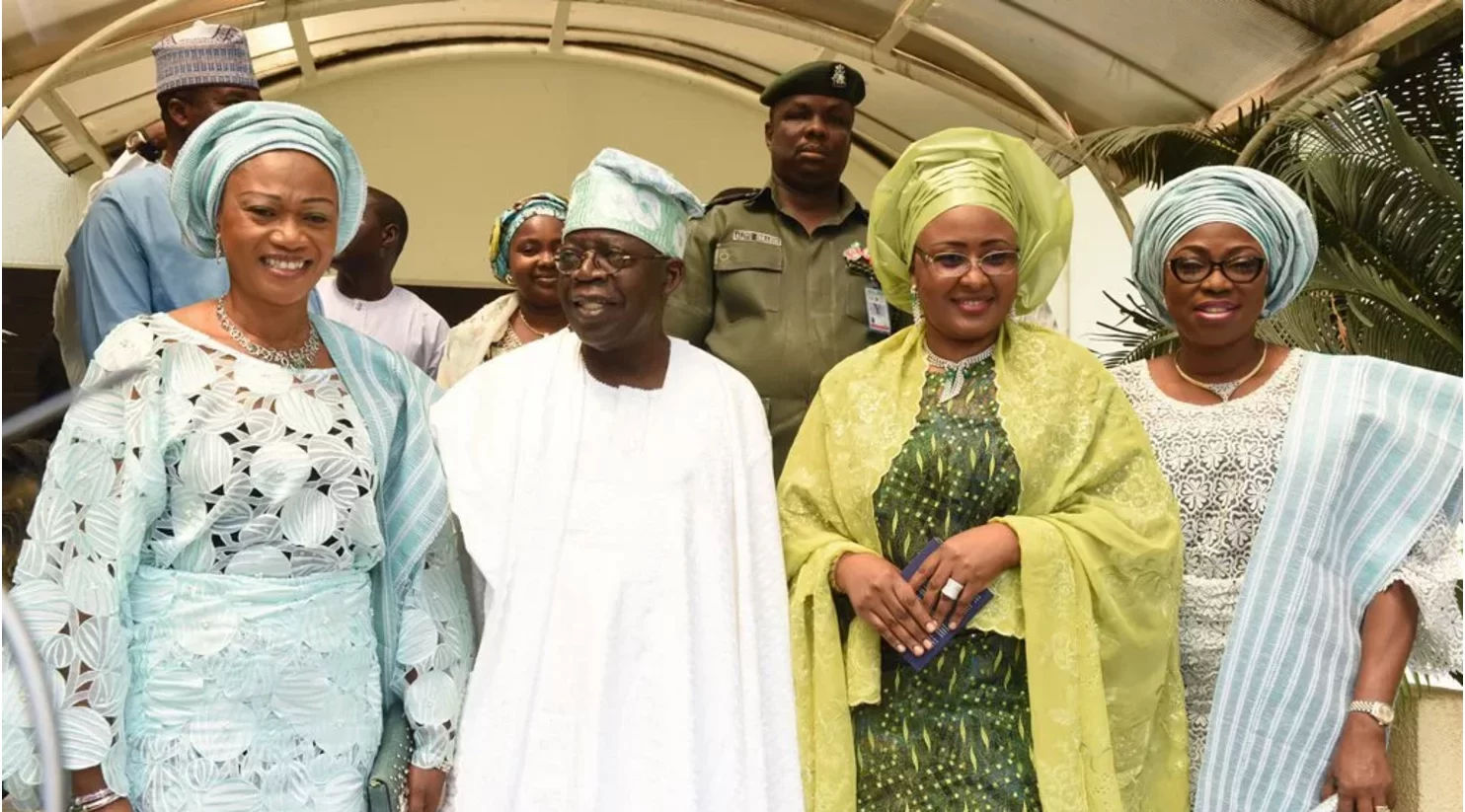

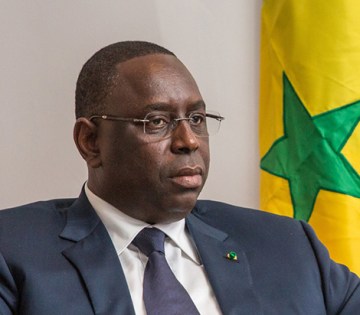
Leave a comment